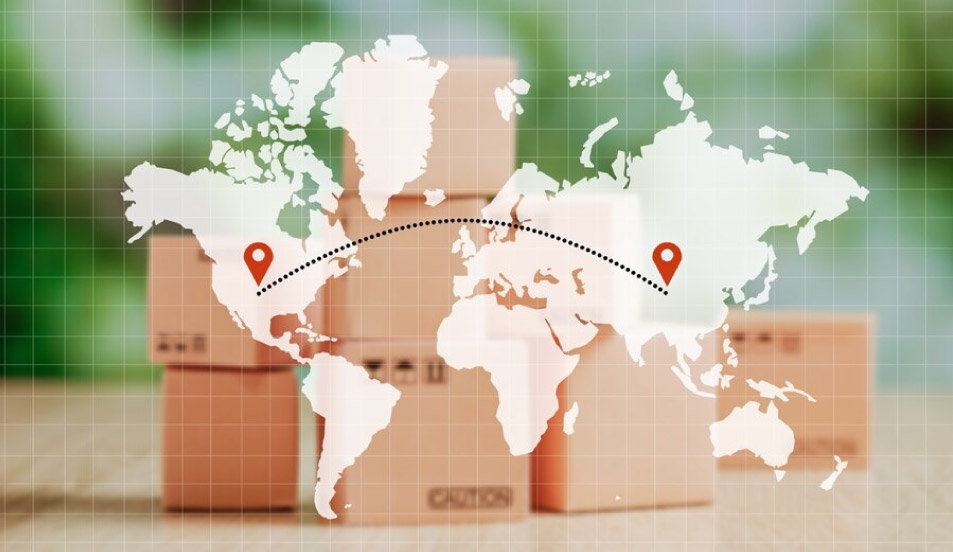Export Oriented Units (EOUs) play a vital role in boosting India’s exports. It was in 1980s , that EOUs were introduced as a part of India’s export policy to boost exports and earn foreign exchange. The first EOU was set up in 1984. The inputs under the EXIM policy are used for production of goods by EOU which are exported.
Performance of EOUs can be attributed to the following factors-
- EOUs contribute significantly to India's GDP and are an important source of foreign exchange earnings.
- They have created greater employment opportunities in India, especially in industrial and semi-urban areas.
- EOUs capture a huge market share in global markets with highest proportion of exports.
Studies have found that factors such as government policies, infrastructure facilities, managerial skills, and market access significantly influence the performance of EOUs in India.
Important government policies and incentives for EOUs
SEZ policy
Policies for Special Economic Zones (SEZs) set up in various part of the country provide various incentives such as tax exemptions, faster clearances, and subsidized infrastructure to EOUs operating in these zones.
Export Promotion Capital Goods (EPCG) Scheme
The EPCG scheme provides capital goods to EOUs at zero or concessional duty rates to facilitate import of capital goods for production of export items.
Refund on domestic procurement
EOUs can get a good refund on the raw material they procure from within India for the manufacturing in their EOU units, helping in adding to the bottom line and decreasing the cost of manufacturing.
Tax Benefits to EOUs
Income tax exemption – EOUs are exempt from paying income tax on export profits for the first five years.
Import duty exemption- EOUs are exempt from paying import duty on equipment and raw materials used for manufacturing export goods.
Central Sales Tax (CST) exemption- EOUs are exempt from paying CST on goods procured domestically for export purposes.
Over last some years however, despite number of provisions and exemptions, including both fiscal and non-fiscal benefits, performance of EOUs are far from satisfactory.
EOUs have often been misrepresented and found non-compliant. A lot many EOUs do not maintain separate accounts for their purchase to and from DTAs, not avail policies within specific timelines, do not take necessary steps to collect data and update it, have proper internal audits, do not have processes that link to objectives, do not coordinate properly with various departments for optimum performance.
Our team has worked with several EOUs in claiming the benefits, take necessary corrective measures for measurable outcome in specific timeline utilising the uniqueness of various schemes that the government provides to the EOUs.

